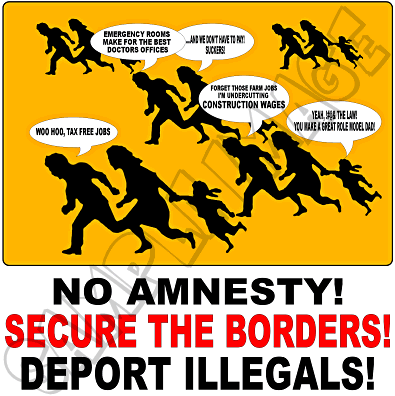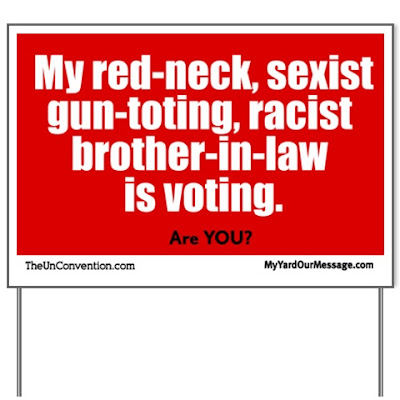
Lost amidst the hubbub about Arizona's recent legislation to crack down on illegal immigration, is the simple fact that most baby boomers, approximately one-third of America's labor force, will reach the retirement age of 65 during the next two decades.
Leave aside, for a moment, the arguments about the legitimacy of being a legal citizen and human rights. Our country isn't producing enough new workers to replace those who retire: according to the US Census Bureau there are about 77 million baby boomers and only 46 million people in generation X and generation Y.
Where will the new workers come from? It's immigration, or else a miraculous breakthrough in robotics engineering.
In 2008, the first of the baby boomers hit the age of 62, which is significant because it's the age that the average worker retires. Although baby boomers will likely work longer than predicted because of extended life expectancies and over-extended retirement plans, health conditions and the effects of old age will prevent many from working full-time into their 70s and force others to retire much earlier.
By 2020, if not sooner, we'll be competing with countries in Western Europe, Japan, and elsewhere in the world to attract immigrants. If we're unsuccessful, much could change for the worse for our economies and in our lives:
- Of course, annual increases in social security, Medicaid, Medicare, and insurance payouts are already steep, and they will steepen even more sharply in the coming years.
- Home values may once again decline because many Baby Boomers will need to sell or downsize to cover their retirement expenses.
- For the same reason, savings rates are also likely to shrink because Baby Boomers will be cashing out their stocks and IRAs and won't be earning enough new income to continue their current rate of savings.
- Accordingly, interest rates would need to rise to encourage more savings. This could trigger a return of runaway inflation.
- Taxes are also likely to rise to pay for the needs of an aging population. This could also trigger more inflation.
- Employers will need to pay higher salaries as they compete for a dwindling supply of workers, especially for services that cater to seniors, like health care. The added inflationary pressure will likely cause the price of goods and services to rise.
Sound farfetched?
Not at all, according to forecasts from leading political scientists and economists, such as those printed in recent books from George Friedman and Jacques Attali, and from national and state demographers, such as Minnesota State Demographer Tom Gillaspy. In fact, the above scenario might be an understatement. Some observers expect a return to the stagflation that crippled the economy in the late 70s and early 80s, but for a more extended period of time.
One effective response that political scientists, economists, and demographers all agree on is to attract more, more, and more immigrant labor.
Immigrants can provide the specialized skills we need to replace retiring engineers and researchers, executives and managers. They can fill vacant positions for doctors, nurses, and aides in health care facilities and nursing homes. They can also provide the manual labor needed to harvest the fields and operate factories.
Like it or not, within the next 10 years we'll not only be begging immigrants, legal and possibly illegal, to stay, we'll be begging them to live here and help us keep the country's economy afloat.
If we keep passing laws like Arizona's, what kind message will this send?
Could it add up to a record of hostility that causes workers we need from India, from Eastern Europe, from Latin America, and from elsewhere to ignore the call to help us prop up our economy when it begins to sag beneath the sheer number of retiring Baby Boomers a few years from now?
(You can learn more about philanthropic communications consultant Paul Bachleitner at his website www.bachwriter.com.)

